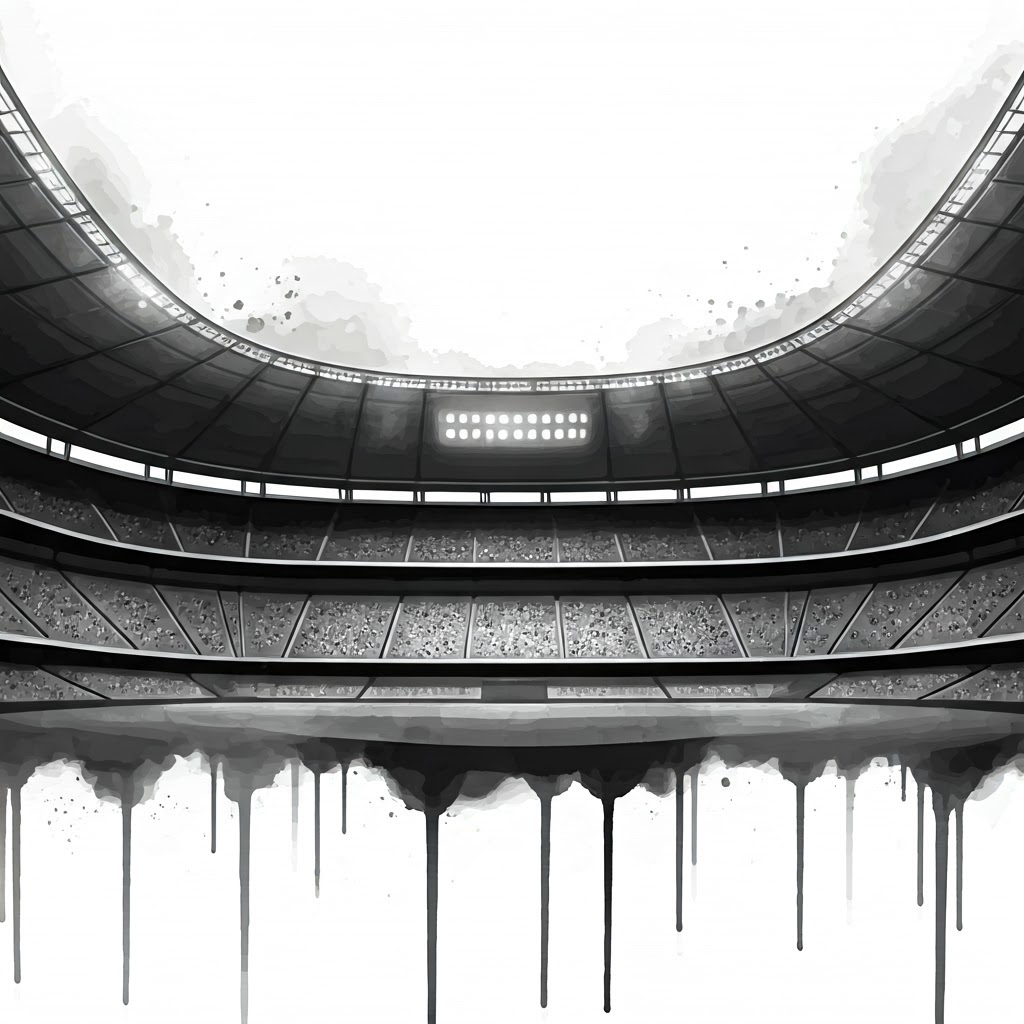Manchester United is making headlines with a bold move: sidelining star player Marcus Rashford. This isn’t just about a bad game; it’s part of a major cultural overhaul aimed at restoring the club to its former glory. This article dives into the details of this dramatic shift, exploring the reasons behind Rashford’s potential exit and what it means for the future of Man Utd. Here’s a quick rundown of what we’ll cover:
- Rashford’s Bench Time: Why the club is considering selling one of their key players.
- Cultural Reboot: The radical changes being implemented to revive the club’s values.
- Amorim’s Stance: The coach’s no-nonsense approach and what it means for the team.
- Financial Implications: The cost of cutting losses and the potential impact on the club’s finances.
- Garnacho’s Situation: Why one player is favored over the other.
The Rashford Revelation: More Than Just a Drop
Marcus Rashford’s recent benching wasn’t just a tactical decision; it was a statement. Manchester United is signaling a clear departure from the past, where standards were allowed to slip for over a decade. The club is ready to cut ties with players who don’t align with their new vision, and Rashford appears to be the first major casualty.
The Cultural Revolution at Old Trafford
Sir Jim Ratcliffe, the club’s largest minority shareholder, is pushing for a complete culture change. This isn’t just about on-field performance; it’s about a holistic transformation that affects everyone from the players to the backroom staff. The belief is that the club’s values have deteriorated since Sir Alex Ferguson’s departure in 2013. Ratcliffe is determined to restore the glory days through a unified and disciplined approach.
The No-Nonsense Approach of Ruben Amorim
Ruben Amorim, the manager, isn’t pulling any punches. He’s made it clear that every aspect of a player’s life, from their training performance to their dressing habits, matters. This means that Rashford’s marginalization isn’t just due to poor form on the field but also to his overall behavior and engagement with the team. He insists that players must earn their place through consistent performance and a commitment to the team’s values. He stated, it’s about “the performance in training, the performance in games, the way you dress, the way you eat, the way you engage with your teammates, the way you push your teammates.”
The Financial Implications and a Possible Cut-Price Deal
The club is ready to take a financial hit on Rashford, even if it means selling him for less than his market value. With his hefty salary of £365,000 a week, only a few clubs can afford him, but Manchester United is keen to offload him as quickly as possible, ideally during the January transfer window. This move highlights the club’s commitment to a long-term strategy, even if it involves short-term financial losses. This willingness to cut losses shows how serious Manchester United is about this cultural reboot. It’s a clear message that no player is too big to be replaced if they don’t fit into the new culture.
Garnacho’s Path Back: A Different Story
Interestingly, while Rashford’s future at the club appears to be in jeopardy, Alejandro Garnacho is viewed differently. Although he was also dropped for the derby match, the club sees a clear pathway back for him. This contrast highlights the targeted nature of the cultural reset and shows that not all players are being treated the same. It seems that Garnacho is seen as more receptive to the changes that the club is implementing.
The Departure of Dan Ashworth: More Short-Term Pain
Dan Ashworth’s exit as sporting director, after just five months, is another example of the club’s willingness to endure short-term pain for long-term gain. Although Manchester United had paid £5m to bring him from Newcastle, the working relationship between him and Ratcliffe was untenable. This decision, like Rashford’s sidelining, highlights the serious, no-compromise approach being taken by the new leadership. The club is not afraid to make difficult decisions, even if they are unpopular or costly, if they believe it’s for the best in the long run.
Conclusion: A New Era for Manchester United
Manchester United is at a pivotal moment, undergoing a significant cultural transformation. The sidelining of Marcus Rashford is a clear sign that the club is determined to enforce its new standards, even if it means parting ways with high-profile players. This comprehensive reboot, driven by a no-nonsense coach and a determined ownership, signals a new era for Manchester United, one where discipline and adherence to club values are paramount. The future may look different, but the goal is clear: to restore the glory days of the club through a fundamental shift in culture.





